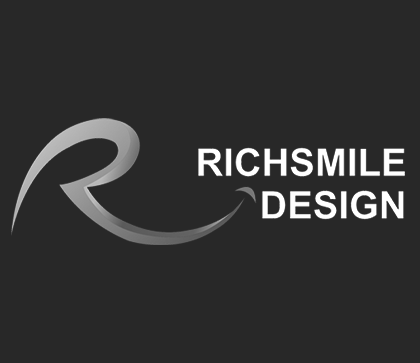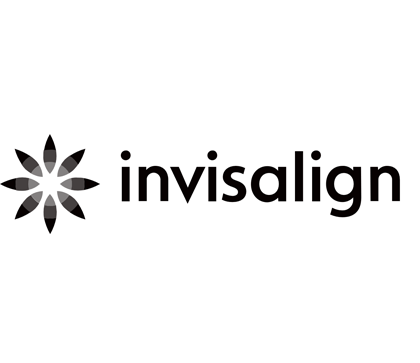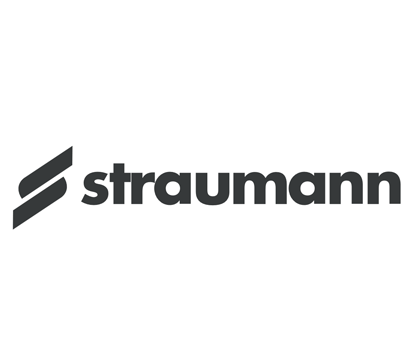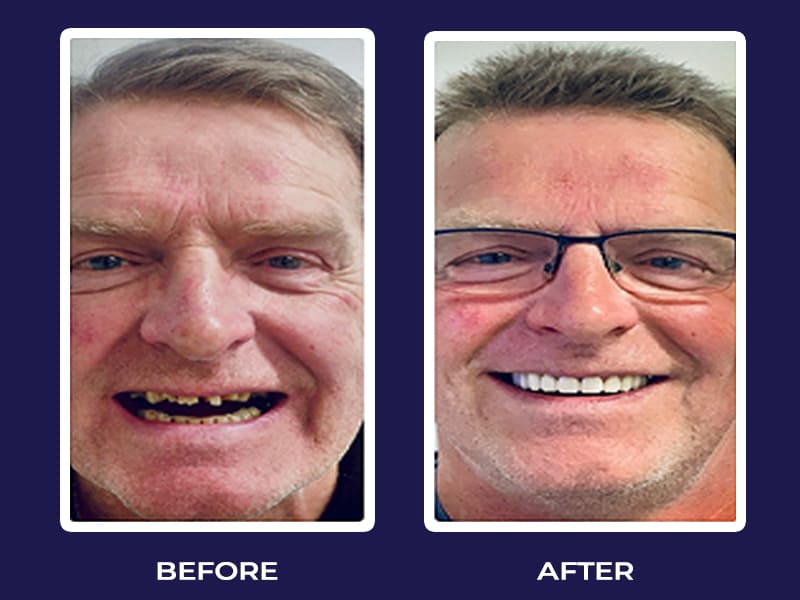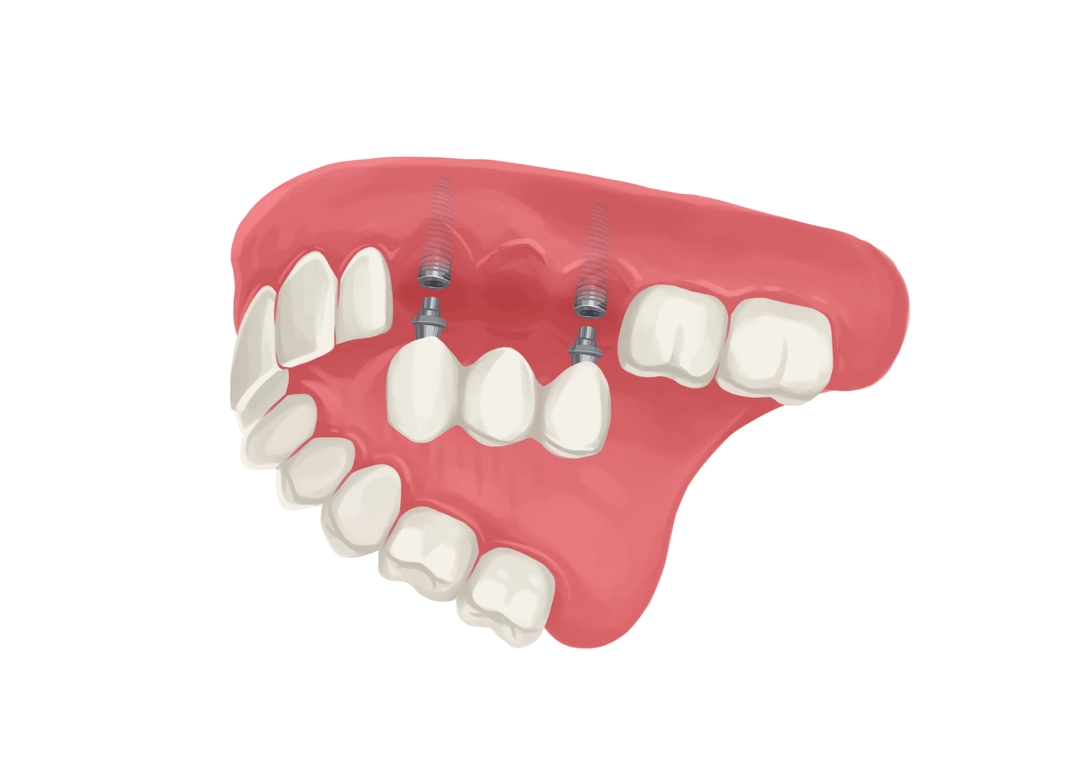
What are some alternatives to dental implants?
August 31, 2022
Alternatives to Dental Implants
So, you’ve decided dental implants aren’t for you? That’s ok, there are many reasons dental implants
might not be for you, some people feel they’re over their budget, others have health
conditions that may reduce healing ability and of course some may just want to opt for a
removable option. In this blog, we’ll cover some dental implant alternatives that could be a
great fit for you, if you are looking for Alternatives to Dental Implants.
Let’s look at our first dental implant alternative, a dental bridge. What is a dental bridge?
A dental bridge is usually an option for those who have a singular missing tooth. A
conventional bridge requires the preparation of the teeth on either side to support a tooth where the
missing tooth is. This is because typically 3 crowns joined will be fitted, with either side
supporting the new tooth. The issue with this is that it requires preparation of the teeth on
either side, however, there is a less destructive alternative of dental implant and that is an adhesive dental
bridge, these are supported with wings on both sides, rather than the joined dental crowns.
This can be a cheaper alternative and reduces the need to cut away at healthy teeth,
However, they do tend to debone. A bridge could be an excellent alternative to a
partial denture if you do have just a singular missing tooth. But we’ll get to dentures a
little later on. Whether you require a conventional or adhesive bridge will depend on a
few factors such as how strong your supporting teeth are.
Next up, dentures. These come in all sorts of shapes and sizes, you can have a
flexible denture, ‘flexible partials’ or even full dentures. There are many types and you can
even have permanent dentures also known as ‘snap in’ or ‘span on’ dentures in the form of
all on 4 dental implants, but here we’ll just be focusing on the removable type! The main
worry people have about dentures, is how will they stay in? Modern day dentures are a lot
more reliable than they used to be and their snug fit helps to keep them in place, however,
denture adhesive can also be used.
What are dentures?
Dentures are removable false teeth made of a type of plastic called
acrylic, they fit over the gums and existing teeth. You may need a full denture when the
majority of your mouth is missing teeth, or your dentist may advise you need a partial
denture for 3 or more consecutively missing teeth. So that’s the difference between a partial
and full denture, but what is a flexible denture? You may have heard of flexible dentures
such as valplast dentures. Flexible dentures are a type of partial denture that is more natural
looking and often gives a better fit. A different plastic is used to create these dentures
The typical valplast partial cost or any denture for that matter will cost anywhere from
£500 -£2000 per arch. The huge cost difference is based on whether they are flexible or
traditional, the material used and the dentist. You can also visit your NHS dentist to see
what can be done for you using the NHS service which reduces the cost drastically,
however, the range of products available will usually be limited.
Hygiene with a denture.
Hygiene is very important when you have a denture, especially if you have a partial denture,
plaque can build around the clasps (holding the denture to the teeth) or around the gum line.
We recommend cleaning the denture twice a day, soaking it overnight and avoiding wearing the
denture overnight. It is also suggested that hygiene appointments are just as important when
having a denture as this will allow a dentist to ensure your teeth and those below your gum line are
plaque-free.
How to clean your dentures?
Cleaning your dentures is pretty easy! It is recommended to use a soft-bristled brush and a
nonabrasive denture cleaner to remove any food or plaque from the denture. You will want to
clean the groove where you have put denture adhesive too, but never use denture cleaner
inside your mouth. Most dentures will lose their shape if not kept moist so you must leave your
dentures to soak overnight, for soaking you can use tap or distilled water.
You should also clean any remaining teeth in your mouth or your gums twice a day to
prevent bacteria and plaque build-up.
Are you looking to have dentures? The best thing you can do is visit a dentist and have a
consultation to see your needs. We recommend googling ‘ denture near me ’ to get
an idea of the dentists locally that offer dentures. Their website should help to indicate the
cost of their dentures, however, you can always ring and ask. Some dentists offer a
complimentary virtual consultation, and we always recommend opting for this as it can help
nervous patients feel more at ease, plus you don’t need to pay for an initial consultation to
have your questions answered. We hope we’ve answered your questions about the
alternative to dental implants. Replacing missing teeth can be scary, but just remember your dentist
is there to help you!
Here Are Some Relevant Pieces You Can Read About Alternatives to Dental Implants
- can i drink cold coffee after dental implant surgery
- What Are Some Alternatives To Dental Implants
- How Long Does A Dental Implant Procedure Take
- Are Full Mouth Dental Implants A Good Idea
- Do all on four dental implants look natural?
- Dental Implants How It Works And What To Expect
- Dental Implant Surgery Recovery All You Need To Know
- 7 Questions To Ask Your Dentist Before Getting Dental Implants
- Dental Implants All You Need To Know
- why dental implants are the best solution for replacing-missing-teeth
- why dental implants are your best choice for missing teeth
- dental implants the ultimate msolution for missing teeth and improved jaw health
- all on 6 vs all on 4 dental implants the-full faq-guide
- dental implant failure causes prevention and treatment options
- your guide to dental implants what you should know

 Head Office - UK - Unit 1 B 132 Weyhill Road, Andover, Hampshire England, SP10 2PR.
Head Office - UK - Unit 1 B 132 Weyhill Road, Andover, Hampshire England, SP10 2PR. 




